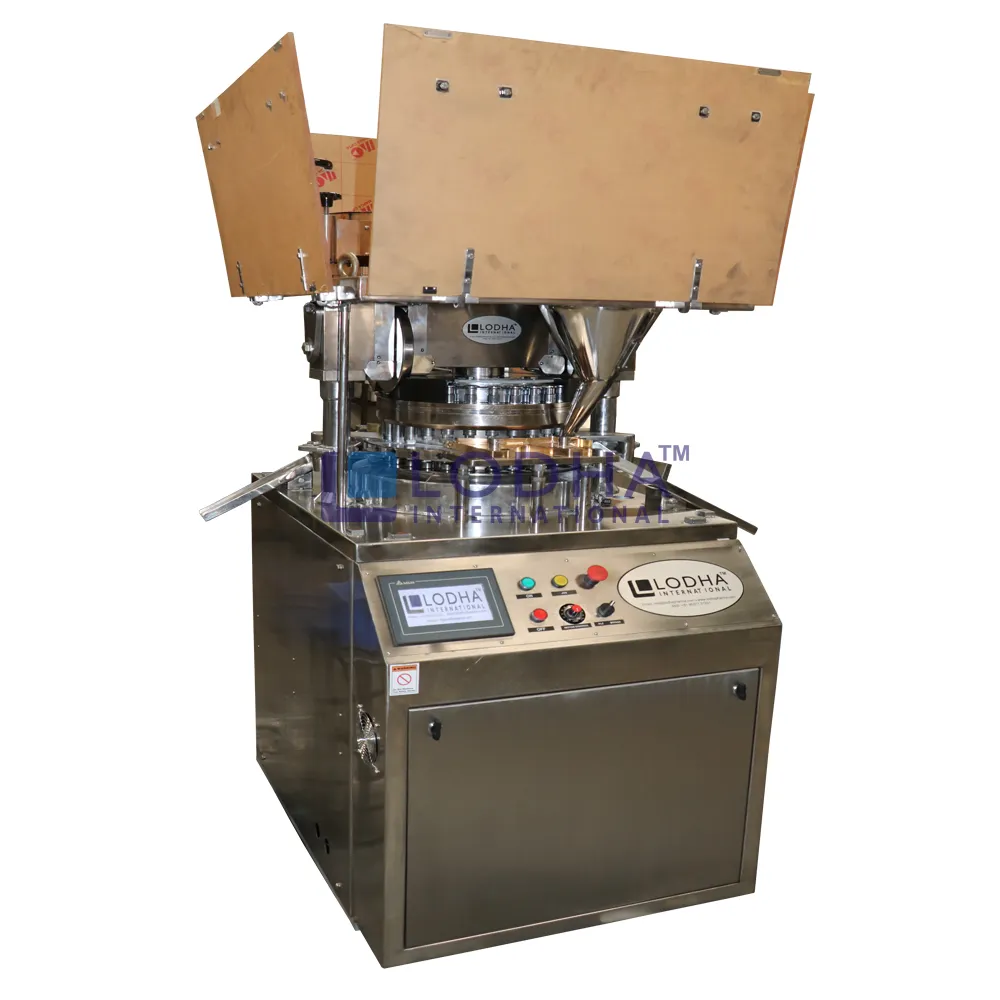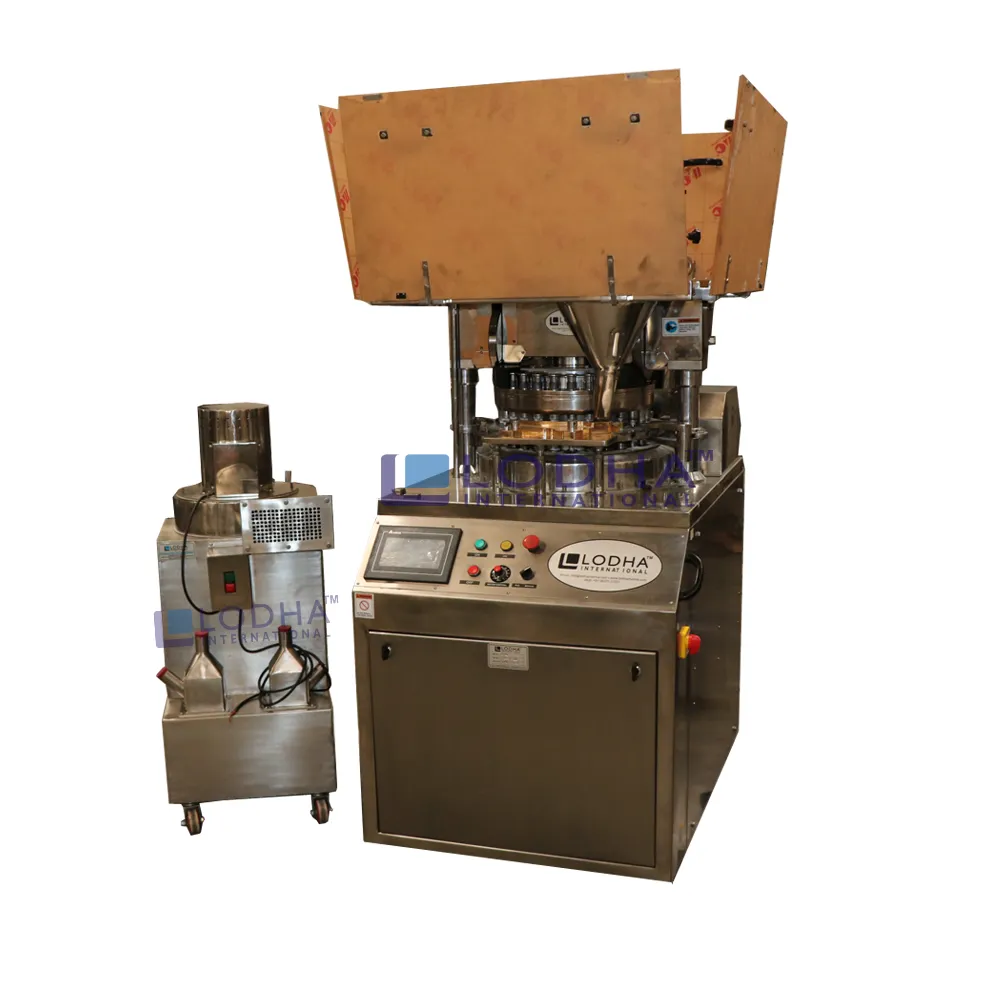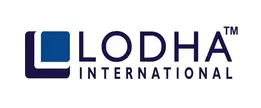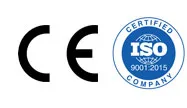Get in touch! +91 9687731331 | +91 9687631331 | info@lodhapharma.com
What You Need to Know About a Tablet Press?
Using a tablet press is a great way to increase the productivity of your office. However, there are a few things you need to know before you get started.
What is Single-punch Tablet Press Machine?
Designed to compress a powder mix into tablets, a single-punch tablet press is a compact and versatile solution. It is ideal for pharmaceutical laboratories and hospitals. It is also suitable for small batch production.
A single-punch tablet press consists of three components: an upper punch, a lower punch, and a die. An upper punch compresses powder in a loading chamber, while a lower punch acts as a stationary base for the die. An ejection cam guides the lower punch upwards, and excess powder is ejected from the die.
A hopper holds granules, and the powder mix may be fed manually or mechanically. The hopper is then connected to a feed shoe. The feed shoe moves the compressed tablet to the die table, which can also be manually set.

What is Rotational Tablet Press Machine?
During the tableting process, a tablet press compresses powder to form tablets. It is a machine used in the pharmaceutical, pharmaceutical industry and industrial sectors. The process produces uniform tablet sizes and shapes.
The rotary tablet press is a common machine used in the drug manufacturing industry. It has a high-speed rotational turret. It is also a machine that is designed in accordance with cGMP norms. It has a strong structure with elastic wheels and a lockable polycarbonate bureau. It is also equipped with LED light pointers.
A rotational tablet press is a machine that compresses powder to form tablets. It is used in the pharmaceutical industry. The machine has a hopper where material is filled before tableting. The machine is equipped with a water driven pump motor unit that helps in maintaining the required pre pressure. The tablet press machine has a feeder housing made of hardened steel 316L.

What are Safety Measures in Tablet Press Machines?
Performing a professional maintenance and management process on your tablet press can prevent costly press downtime, minimize waste and enhance production. Properly maintained machinery will produce more evenly compressed tablets and reduce the risks of cross contamination.
Tooling should be cleaned to remove excess formulation. Using a noncorrosive cleaner will remove formulation from crevices, bearings and die-seats.
Clean tablet presses prevent product problems and regulatory issues. Proper cleaning procedures will also extend the service life of your machine.
A good cleaning program will reduce premature wear, reduce the risk of cross contamination and prevent picking. A professional cleaning program will also reduce the costs involved in maintaining tooling.
The Bottom Line
Whether you are looking for a new tablet press machine or you want to upgrade your existing machine, there are a number of factors you should consider. First, it's important to determine the size of your production needs. If you're producing a large volume of tablets, you may want to consider a multi-station press machine. But if you're producing only a few batches a day, you might want to opt for a single punch press.
Tablet presses are an essential part of any manufacturing line. They are a safe, effective, and sanitary way to compress powder into tablets. They have a wide variety of features and precise options.

